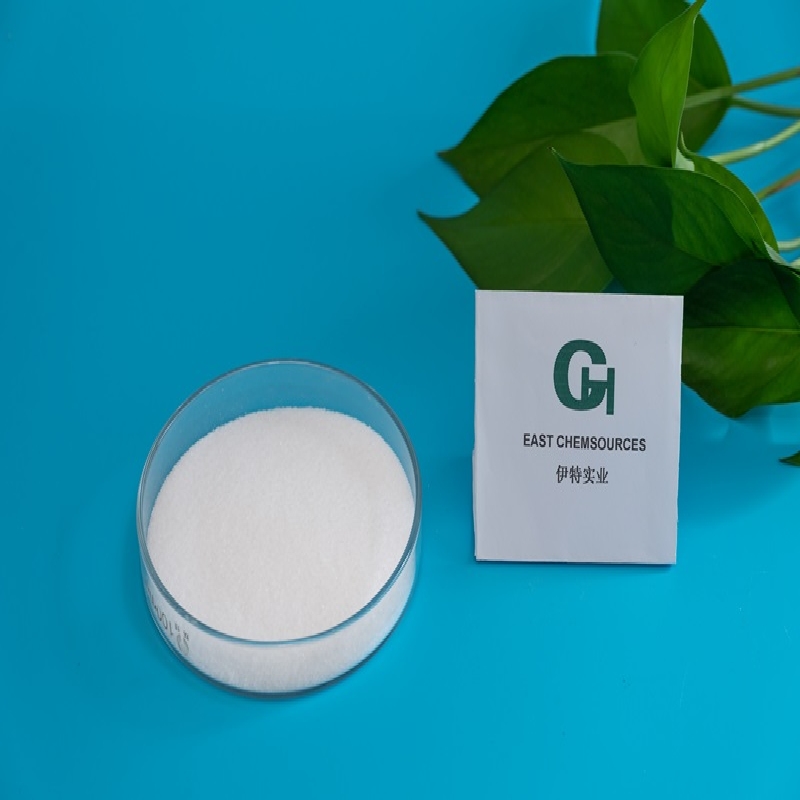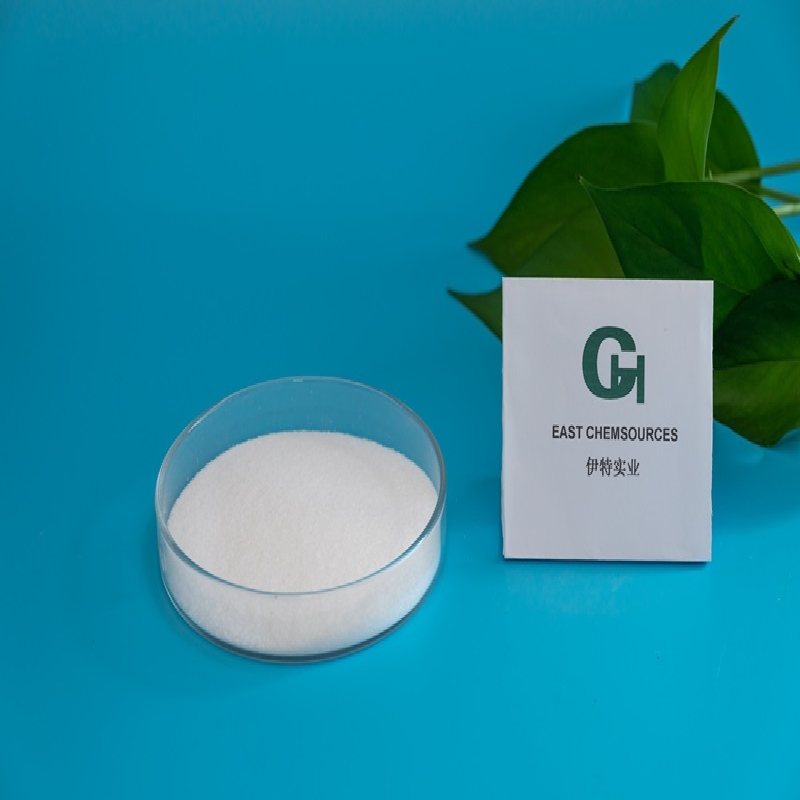-
Categories
-
Pharmaceutical Intermediates
-
Active Pharmaceutical Ingredients
-
Food Additives
- Industrial Coatings
- Agrochemicals
- Dyes and Pigments
- Surfactant
- Flavors and Fragrances
- Chemical Reagents
- Catalyst and Auxiliary
- Natural Products
- Inorganic Chemistry
-
Organic Chemistry
-
Biochemical Engineering
- Analytical Chemistry
- Cosmetic Ingredient
-
Pharmaceutical Intermediates
Promotion
ECHEMI Mall
Wholesale
Weekly Price
Exhibition
News
-
Trade Service
For medical professionals only
UEG Week Research Interpretation~
Constipation has become an important factor
affecting people's quality of life.
With the improvement of living standards, the prevalence of constipation has shown a clear upward trend
.
In UEG Week 2022, Prof.
Maura Corsetti and Prof.
Marc Benninga delved into
the management of constipation in adults and children respectively.
"Medical Circle" invited Dr.
Shen Mengyi, Department of Gastroenterology, West China Hospital of Sichuan University, to bring us a wonderful conference report
.
Management of constipation in adults
Professor Maura Corsetti focused on the management of Chronic Constipation (CC) in adults, which can help guide clinician practice
.
First, constipation caused by organic lesions and drugs (e.
g.
, opioid use)
is excluded.
Drug therapy:
Preference is given to drugs
that demonstrate efficacy in placebo-controlled clinical trials.
Focus on the symptom spectrum and review response
to each treatment.
For irritable bowel syndrome with constipation (IBS-C), some medications, such as polyethylene glycol, can improve constipation but not abdominal pain
.
Some countries recommend re-checking response
after 4 to 8 weeks of more expensive drug treatments such as prucalopride and linalottide.
If there is no response to a single agent, a combination may be considered, and drugs with complementary mechanisms of action (eg, osmotic laxatives or secretory prosecretions with stimulant laxatives or prokinetics) may be used
.
Drug-refractory patients
Anorectal function tests are required, including defecal contrast studies, balloon extrusion tests, rectal sensory measurements, anorectal pressure tests, etc
.
If these tests indicate functional defecation disorders, biofeedback therapy
may be an option.
The etiology of functional defecation disorders is not fully understood, and its onset may be related to coordination problems (mainly addressed by classical biofeedback), muscle weakness (mainly by pelvic floor muscle therapy), and anorectal sensory disturbances (resolved by biofeedback in some centers).
If these tests are abnormal, further colonic/whole-bowal transit testing, defecation angiography, and ancillary tests (e.
g.
, urodynamics) may be performed
.
If further tests are normal, drug therapy should be reassessed, and other treatments may be required; If abnormal, further treatment options
, including surgery, should be decided with a multidisciplinary team.
Management of constipation in children
Professor Marc Benninga focused on the diagnosis
and treatment of functional constipation (FC) in children.
Diagnostic criteria for childhood FC: for infants, children and adolescents under 4 years of age, the appearance of at least two of the following symptoms for a month:
1.
The number of bowel movements per week is less than or equal to two
.
2.
Have a history of
stool retention.
3.
Have a history of
painful defecation or constipation.
4.
There is a history of coarse stool and even obstruction of the toilet
.
5.
The presence of large fecal masses
in the rectum.
In children who have received toilet exercises, the following additional criteria can be used:
1.
After acquiring toilet skills, incontinence
occurs at least once a week.
2.
There is a history of coarse stool and even obstruction of the toilet
.
Treatment of FC in children
FC treatment in children follows the pyramid principle:
Education, diet, exercise, bowel training, etc.
are the foundation;
Pharmacological intervention is an important means of treating FC in children, including osmotic laxatives (polyethylene glycol, lactulose), new therapeutic drugs (prucaloride, linalottide, lubiprostone), etc.
;
In addition, electrical stimulation therapy also has a certain effect, which can be divided into sacral nerve stimulation and body surface electrical stimulation;
If non-pharmacologic and pharmacologic therapies are ineffective, surgical treatment (botulinum toxin injection, sphincterectomy, colostomy, and segmental colectomy)
may be considered.
Difficulties in the diagnosis and treatment of FC in children:
1.
What tests can confirm the diagnosis of FC?
2.
Is and when is the Malone procedure performed?
3.
Choose a colostomy or an ileostomy and when to remove it? Is the sigmoid colon or even the whole colon removed?
4.
Do patients with FC have psychiatric disorders, such as factitious disorder?
Long-term prognosis for children with FC:
A study by Professor Marc Benninga published in Pediatrics explores this
.
A total of 401 children with FC were included and assessed at follow-up at six and 12 months after six weeks of laxative treatment, and annually thereafter
.
80% of patients achieved a good clinical outcome
by age 16.
This rate drops to 75% in adulthood and remains the same, with 25% of children with FC continuing to experience symptoms
in adulthood.
Poor clinical outcomes in adulthood were associated with older age at onset [OR: 1.
15 (95% CI: 1.
02 to 1.
30);P = 0.
04], longer time between onset and first visit [OR: 1.
24 (95% CI: 1.
10 to 1.
40);P = 0.
001], and lower frequency of bowel movements at study start [OR: 0.
92 (95% CI: 0.
84 to 1.
00);P = 0.
03].
。
Door Ruoting
Doctor/Lecturer
, Department of Gastroenterology, West China Hospital, Sichuan University.Youth Committee Member of
Digestive Branch of Sichuan Medical Association.Mainly engaged in basic and clinical research of various chronic liver diseases, research directions: clinical and basic research
of autoimmune liver disease and liver fibrosis/cirrhosis.He has published more than 10 SCI papers, participated in 4 projects of the National Natural Science Foundation of China, and participated in a number of clinical research projects
.
Shen Mengyi
PhD candidate
, Department of Gastroenterology, West China Hospital, Sichuan University.His research interests include clinical and basic research
on autoimmune liver disease, alcoholic liver disease and hereditary metabolic liver disease.He has published 3 SCI papers as the first author and co-first author, with a cumulative impact factor of 20 points, and has made speeches and poster exchanges
at academic conferences such as the Asia-Pacific Society of Hepatology and the annual meeting of the Hepatology Branch of the Chinese Medical Association.
References:
[1]Corsetti M, et al.
Neurogastroenterol Motil.
2021 Jul; 33(7):e14070.
[2] Corsetti M, et al.
Neurogastroenterol Motil.
2021 May; 33(5):e14040.
[3] Grossi U.
Aliment Pharmacol Ther.
2018 Dec; 48(11-12):1186-1201.
[4] Shim LS.
Aliment Pharmacol Ther.
2011 Jun; 33(11):1245-51.
[5] Benninga MA,et al.
Gastroenterology.
2016 Feb 15; S0016-5085(16)00182-7.
[6] Hyams JS,et al.
Gastroenterology.
2016 Feb 15; S0016-5085(16)00181-5.
[7] Bongers M, et al.
Pediatrics.
2010 Jul; 126(1):e156-62.







